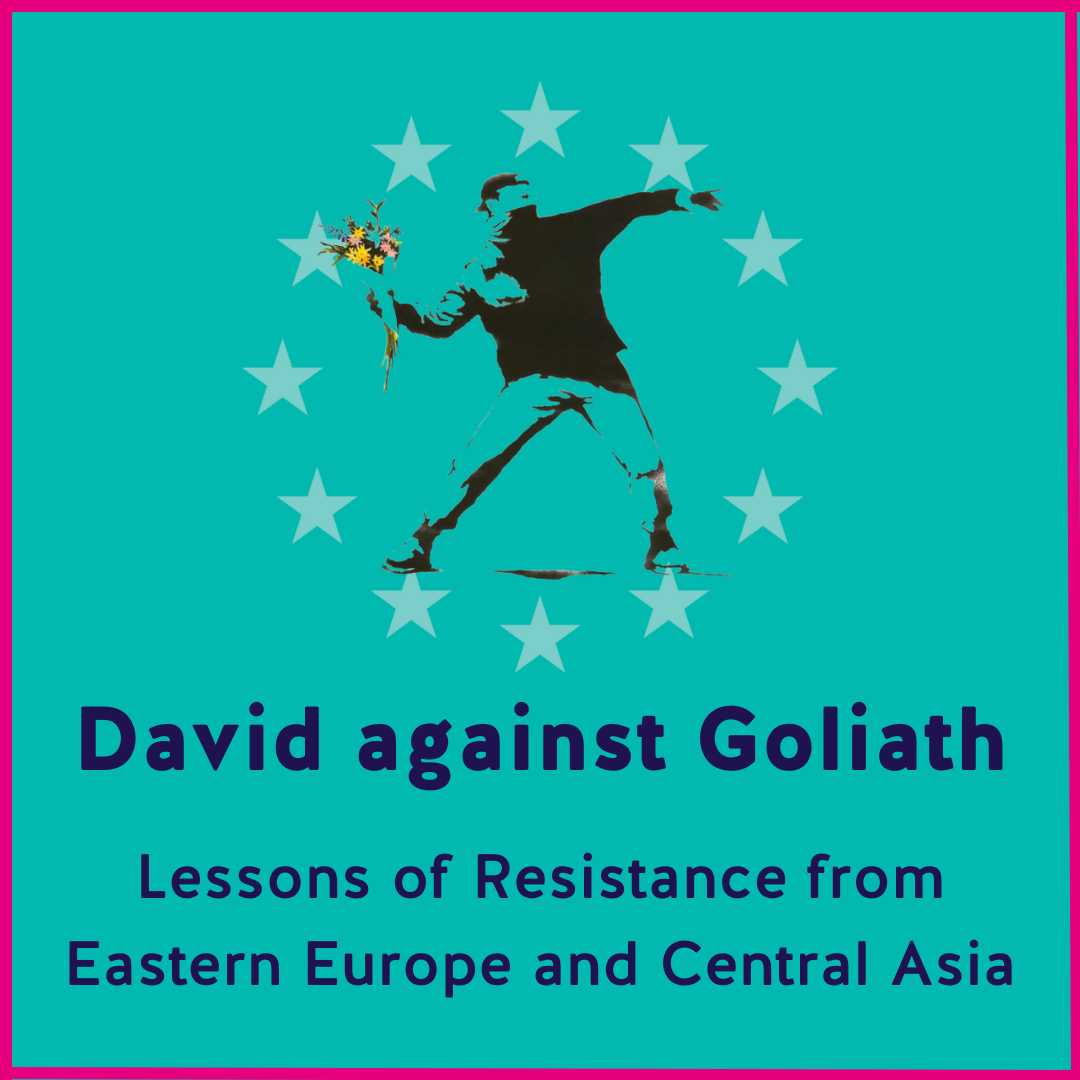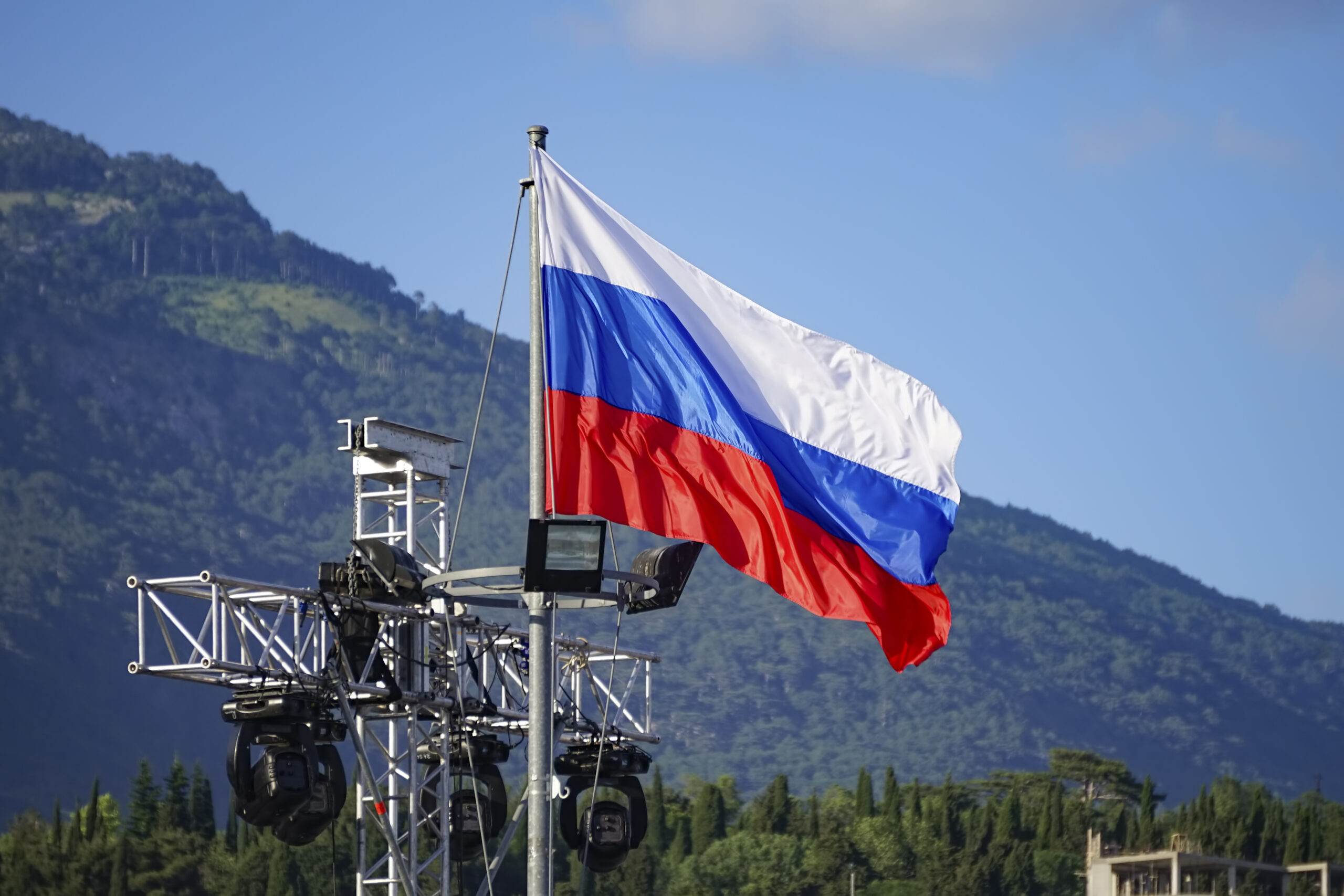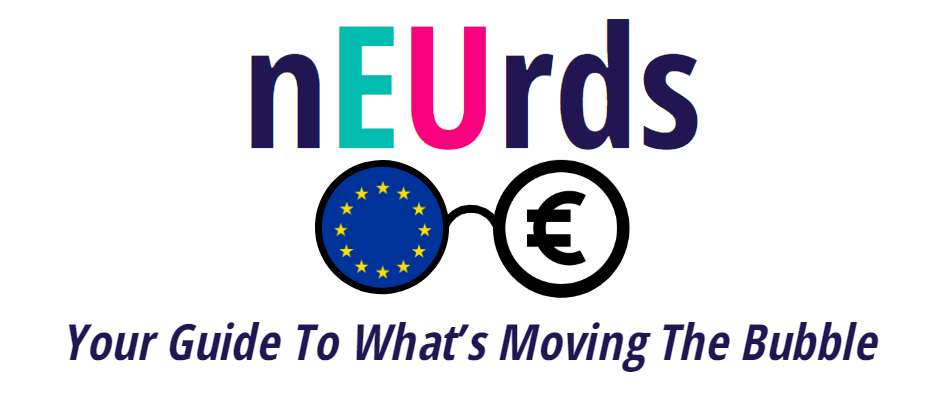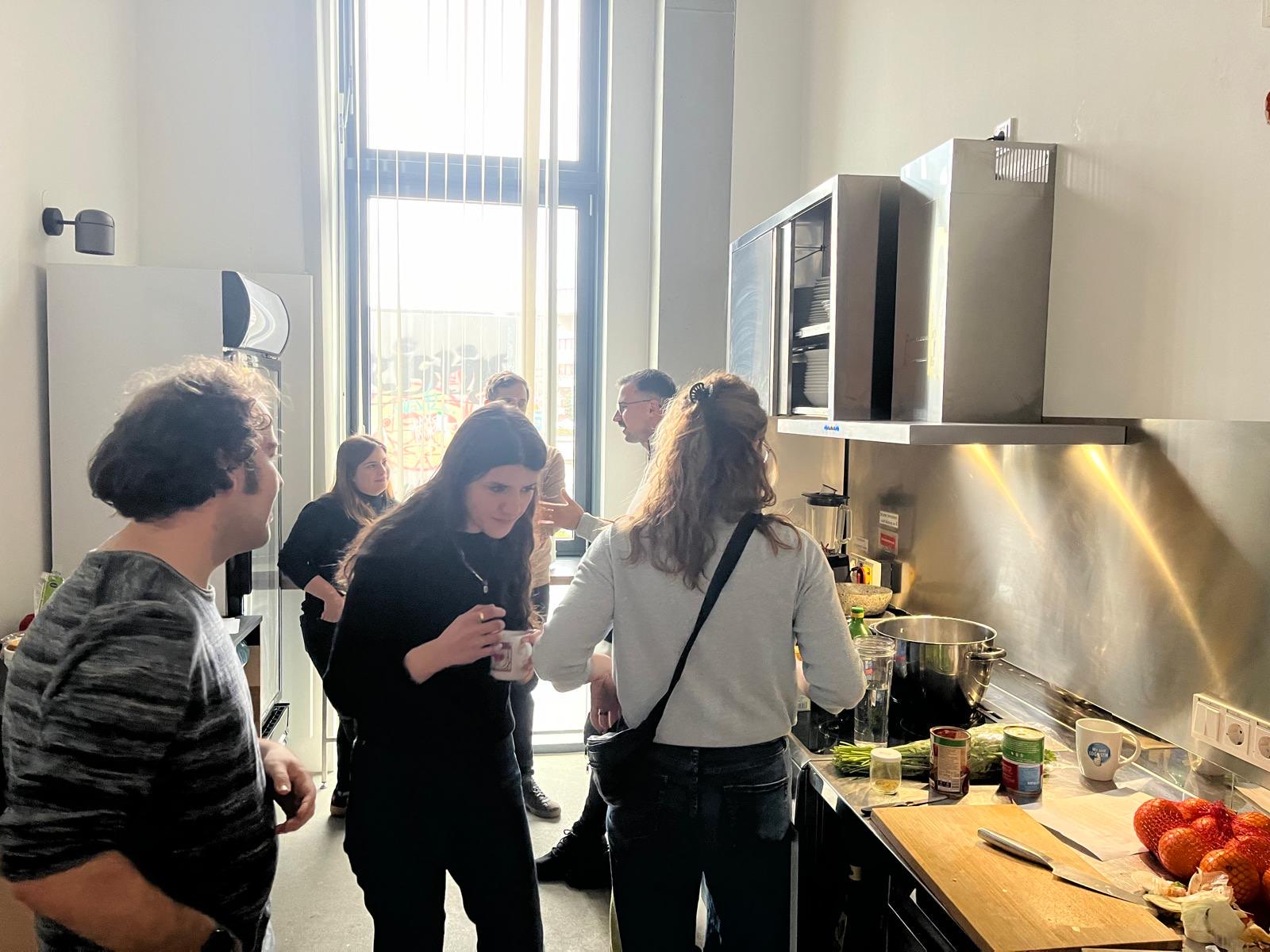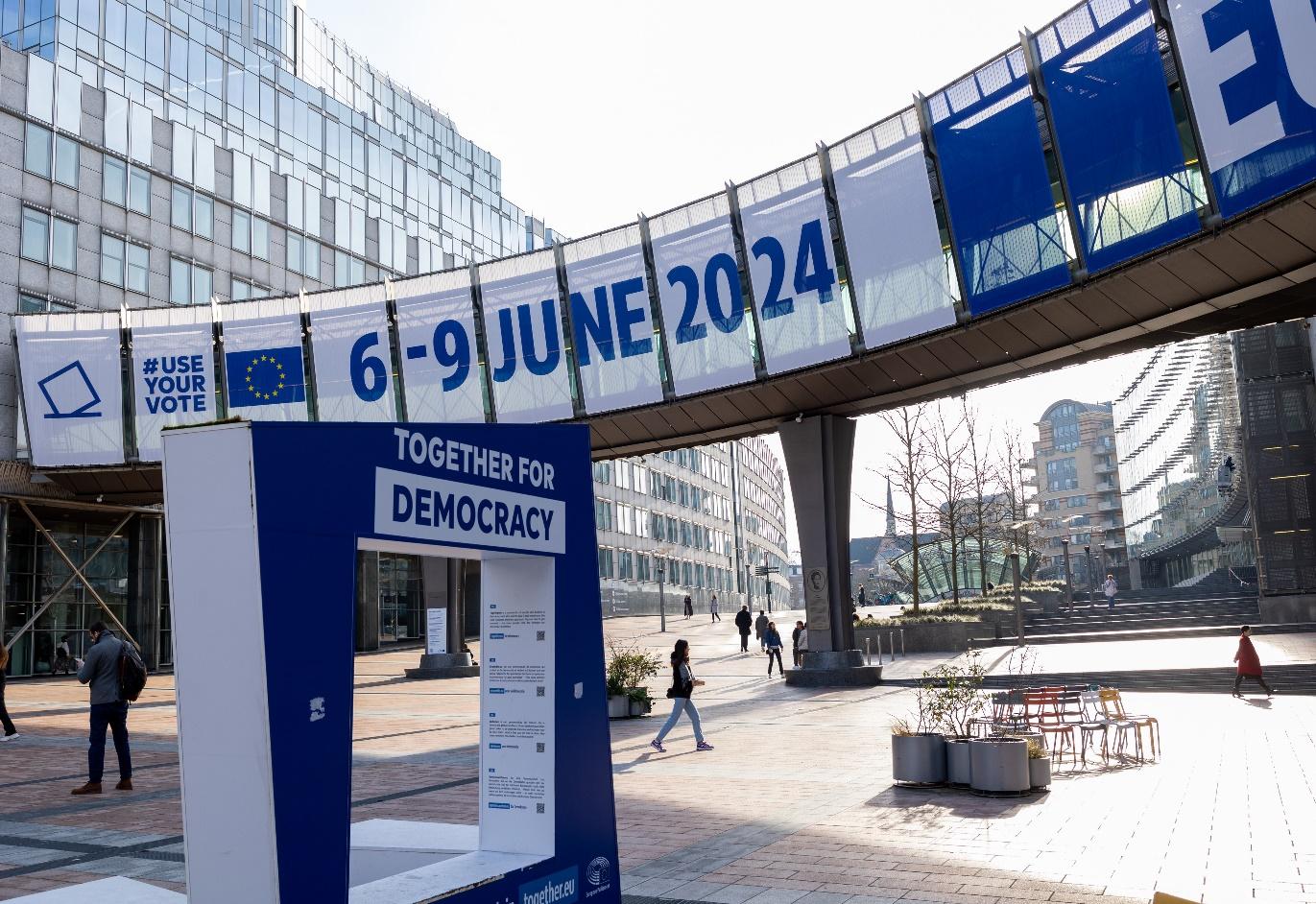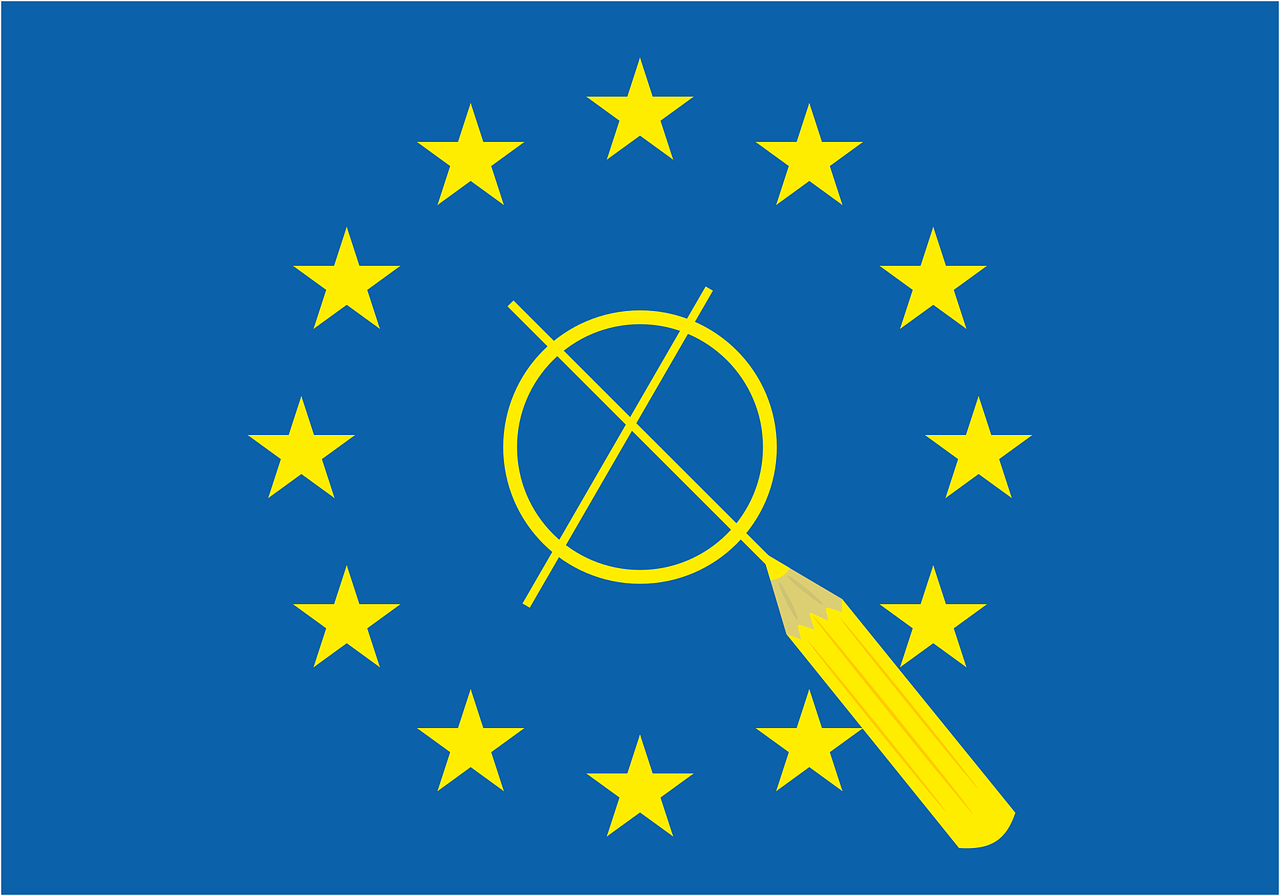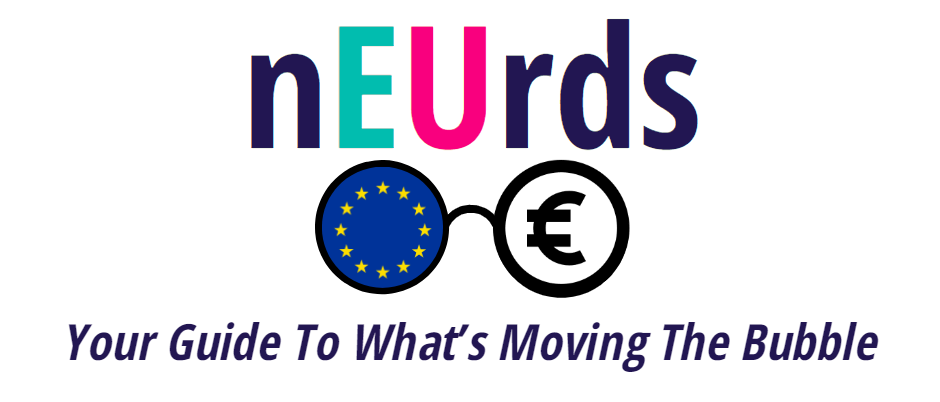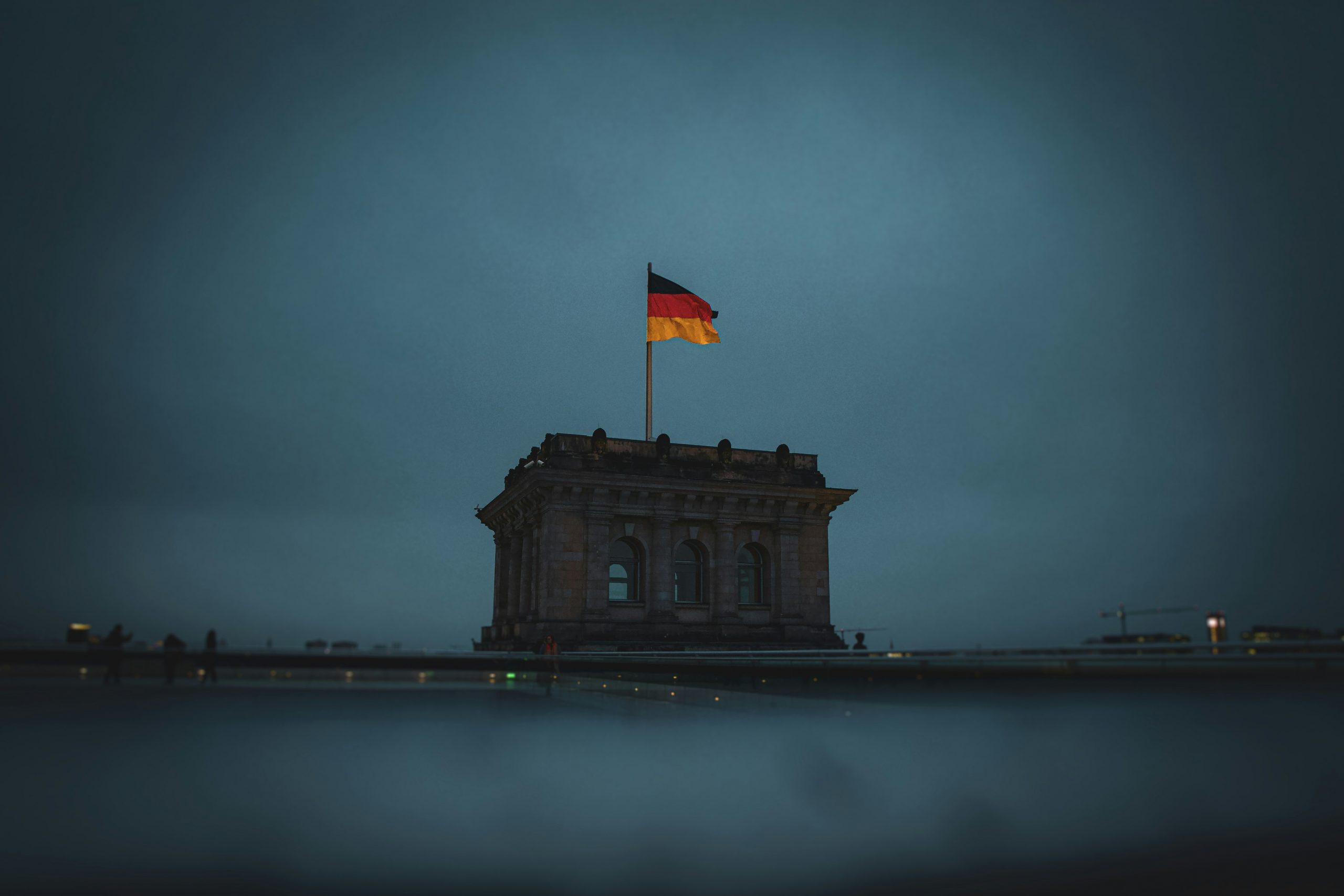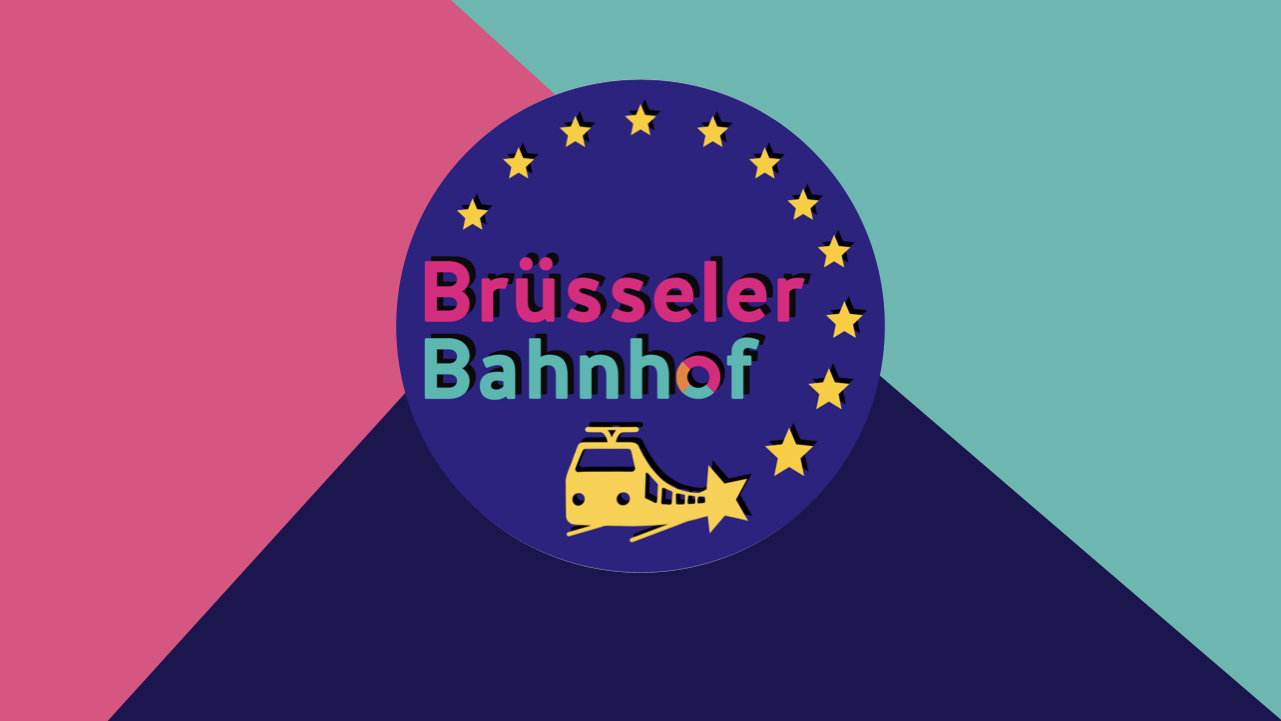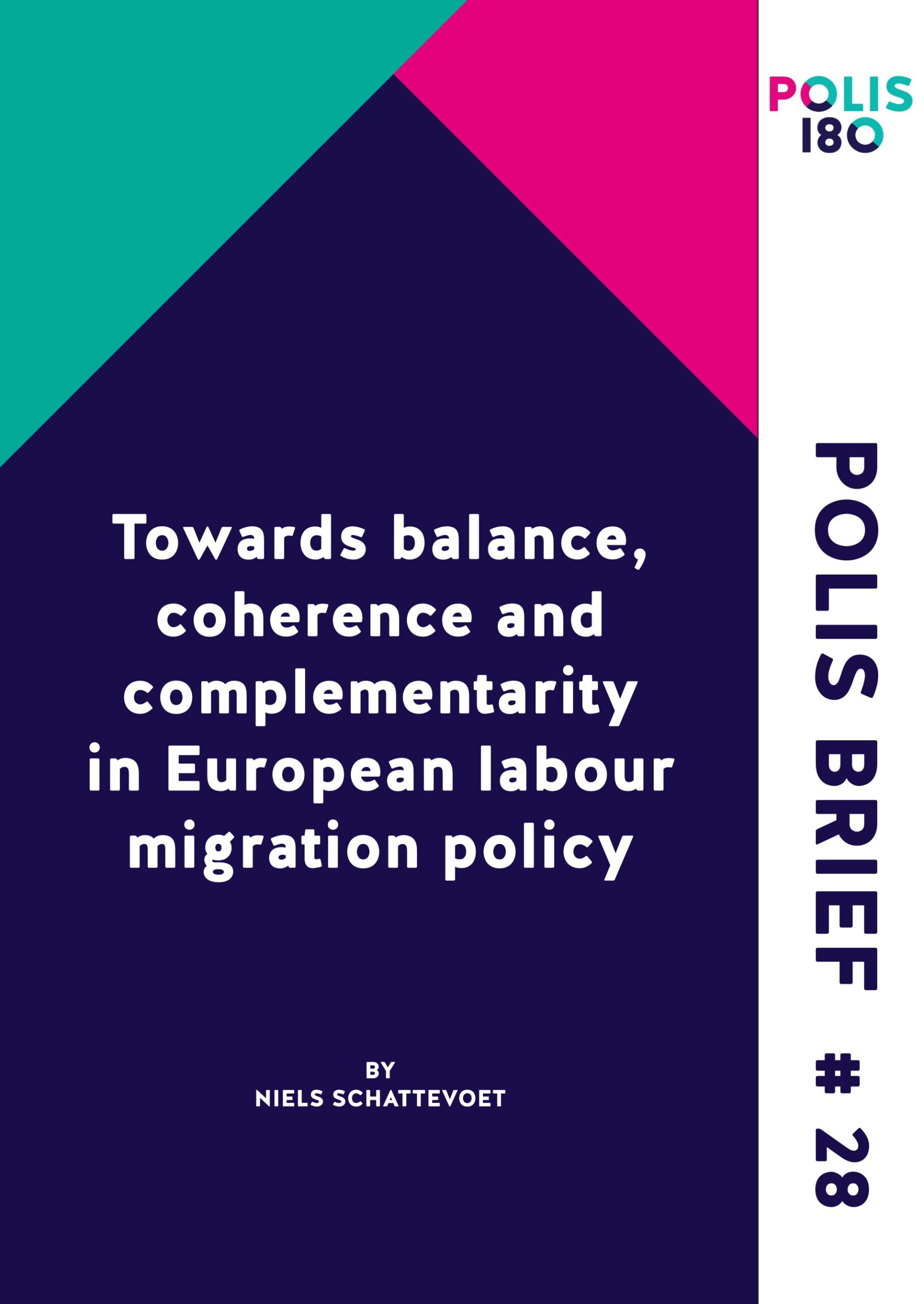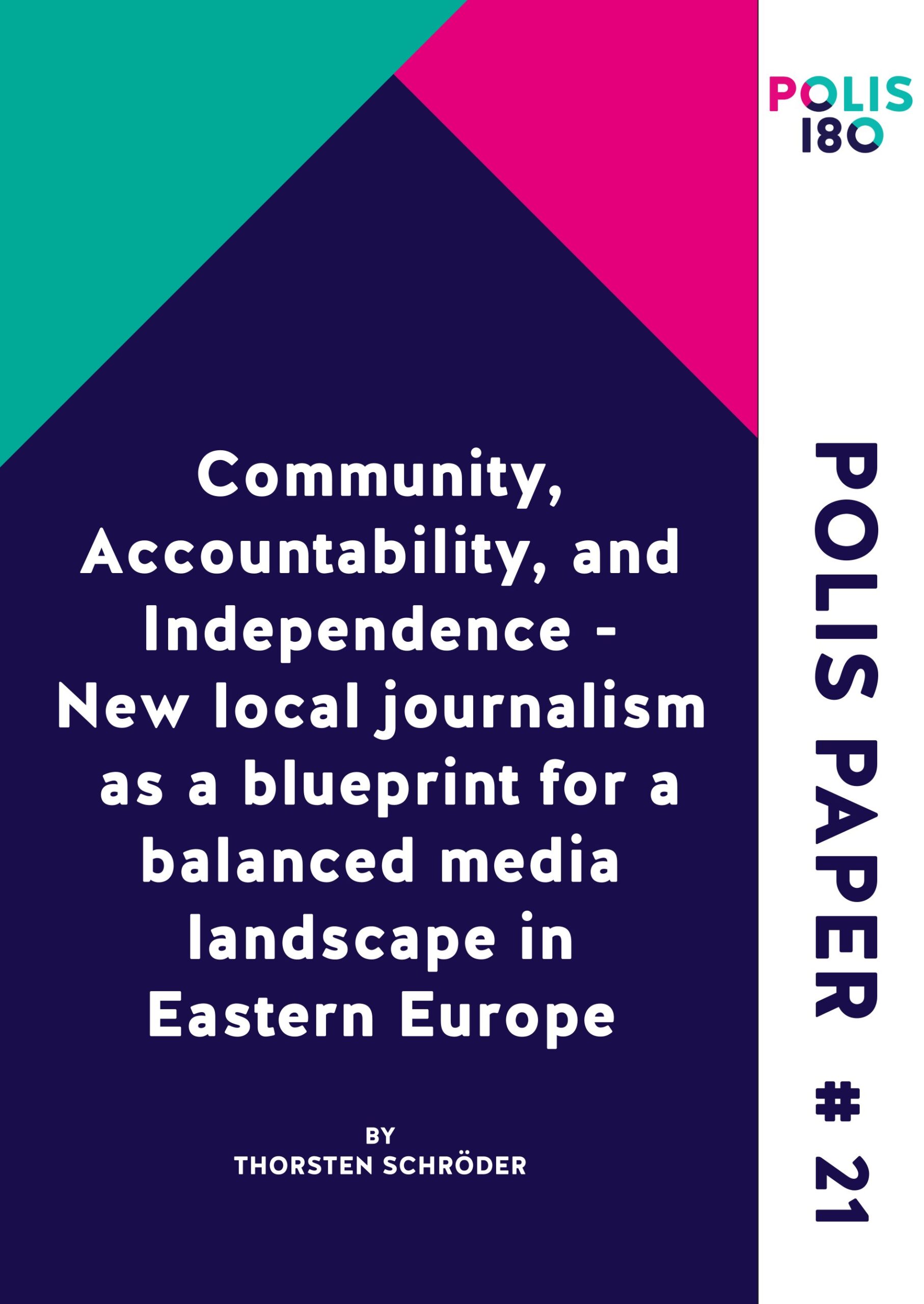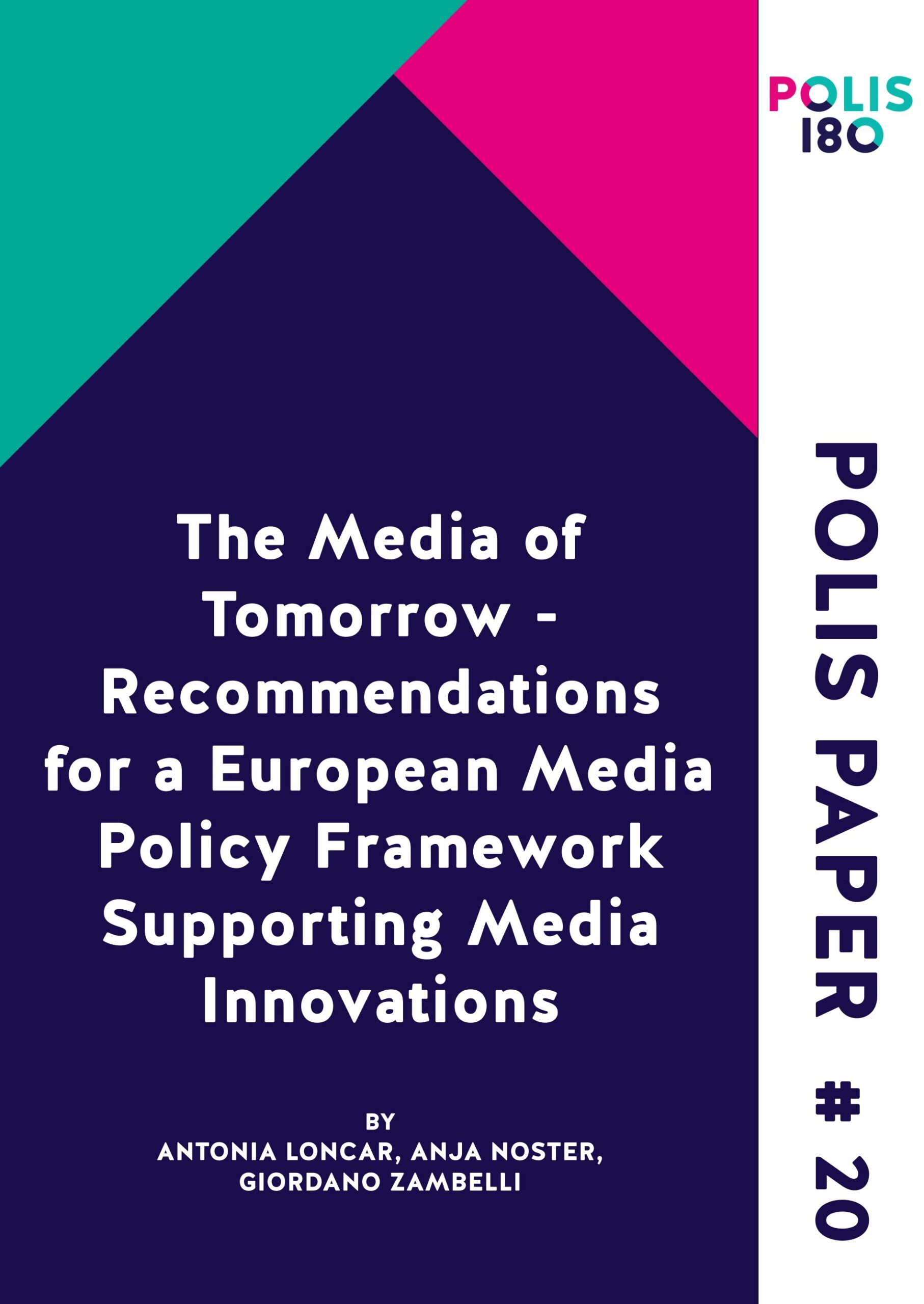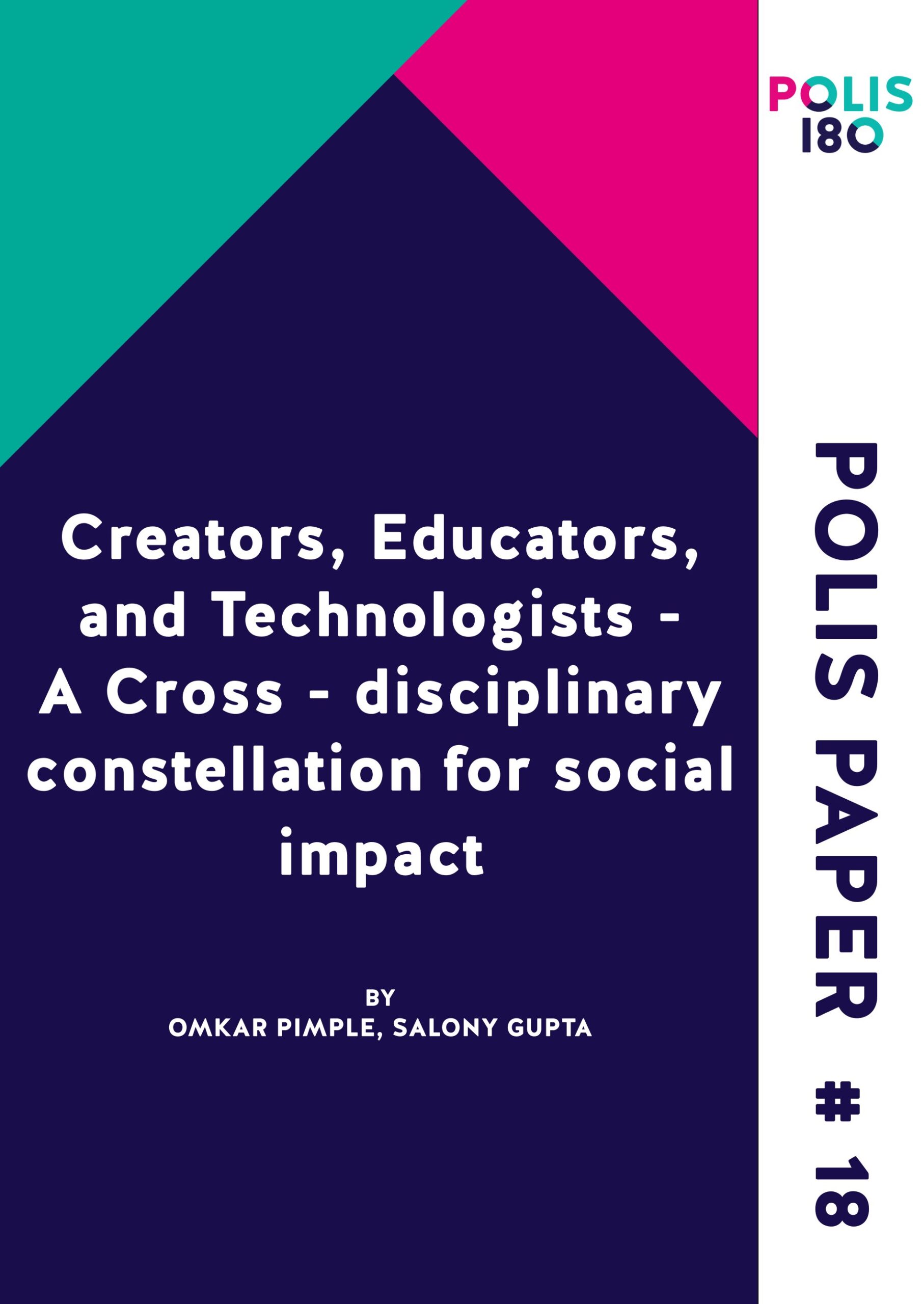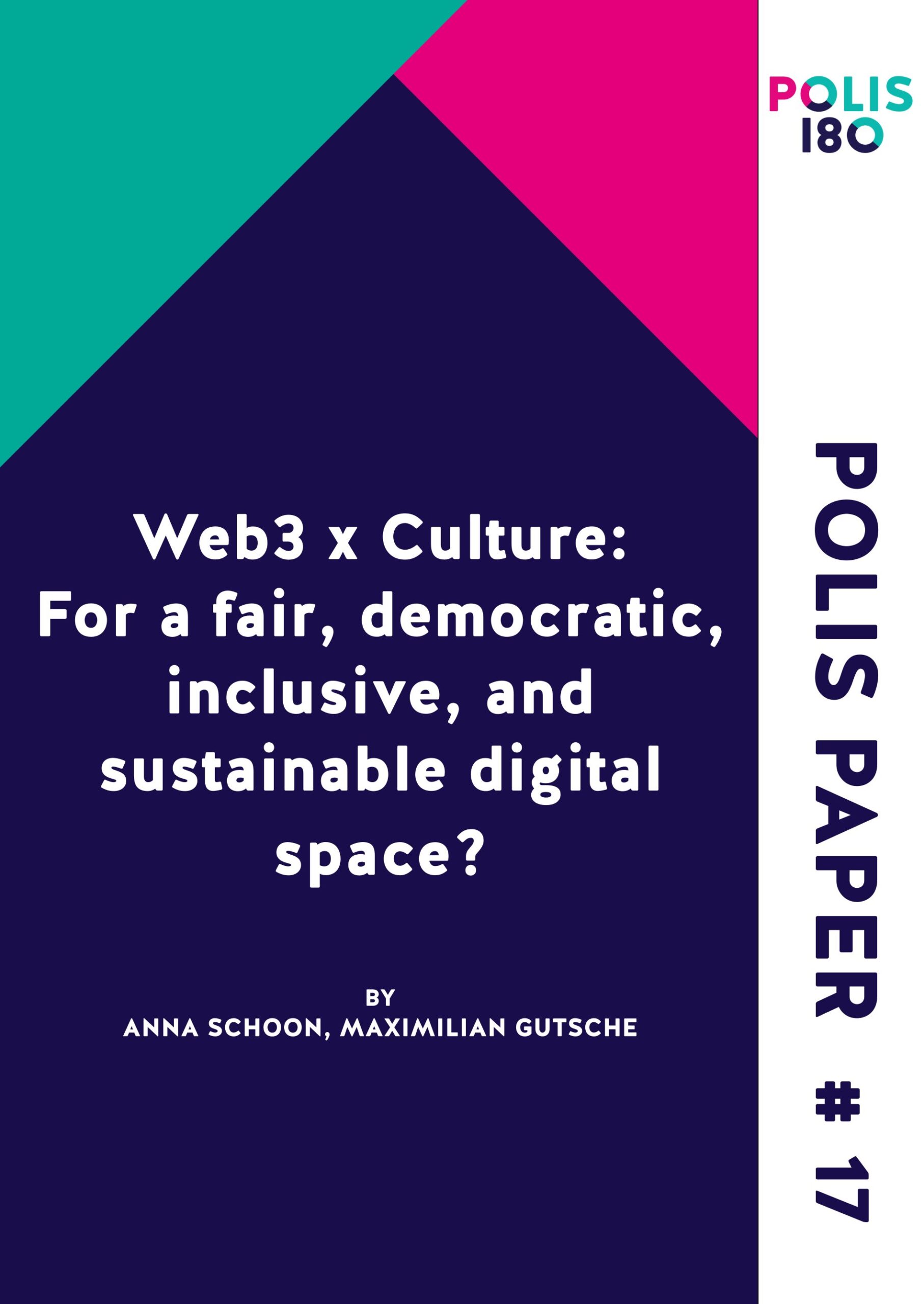Ukraine’s Underground Resistance: The Unseen Battle for Sovereignty
In Ukraine’s occupied territories, coordinated civilian and military resistance movements conduct sabotage, gather intelligence, and defend national identity – forming a vital, often unseen front in the fight for sovereignty. The Kazakh phrase Qandy Qantar (Bloody January) is used by Kazakh civil society and media to refer to the violent crackdown of those protests. The name signals the tragedy of the events, calls for justice, and emphasizes the ongoing demand that the victims must not be forgotten. Even though the protests seem to have been ignored by many in Europe, they have ongoing consequences for the civil society in Kazakhstan, because what followed was not reform — it was repression and a consolidation of power.
